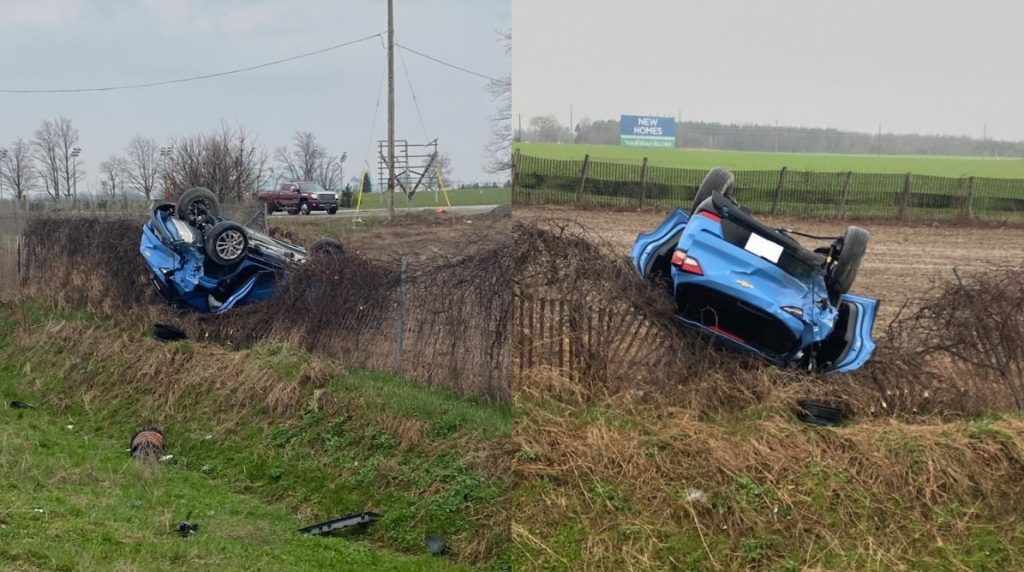Ottawa ready to help as Inuit health officials grapple with spate of suicides
Posted October 22, 2018 5:07 pm.
Last Updated October 22, 2018 5:40 pm.
This article is more than 5 years old.
MONTREAL – The federal government says it will respond to pleas for help from northern Quebec, where a spate of suicides in Inuit communities this year has created what officials are calling a crisis.
“As a government, it’s truly a priority of ours that we put in place the support that people need,” Health Minister Ginette Petitpas Taylor said Monday. She added that any loss of life by suicide “is just tragic.”
Heath authorities in Nunavik, the Quebec region that is home to the province’s Inuit communities, have already sent extra mental-health resources to one hard hit village, Puvirnituq.
“This is considered a crisis situation,” Fabien Pernet, assistant to the executive director of the Nunavik Regional Board of Health and Social Services, said in a recent interview.
The head of the school board serving the region said last week that two students have died by suicide since the beginning of the school year in mid-August, and three other young adults have taken their lives in the past month.
In an Oct. 12 letter, the head of the region’s council of school commissioners called for “urgent collective action” and noted that one of the suicide victims was just 11 years old.
According to media reports, Puvirnituq on Hudson Bay has had at least 10 suicides since the beginning of 2018. A coroner’s investigation is ongoing.
The deaths prompted a public lament from Mary Simon, a longtime Inuit advocate and former Canadian diplomat, who posted a widely shared message on Facebook about the recent suicide of her 22-year-old niece.
“The reason I’m telling this story is to show we desperately need ongoing mental health support and services in every Inuit community,” Simon wrote. “We have a crisis on our hands, and if we can’t provide the medical and other mental health support in the communities, it is not going to get better. It will get worse.”
Indigenous Services Minister Jane Philpott said in a statement last Friday she is deeply concerned by the loss of young lives in Nunavik and has offered additional support. She said the government continues to work with communities to support Inuit-led approaches to suicide prevention.
“Inuit want to be able to receive services that are culturally appropriate, in their own language,” Petitpas Taylor said Monday after speaking at the Canadian Mental Health Association conference in Montreal. “So we’re looking at ways to get more people trained — in nursing, in psychology or social work — that would be a step in the right direction.”
Pernet said it remains a challenge to provide Inuit-to-Inuit mental health care — as well as health and social services on a broader level — because of such obstacles as labour agreements and professional licensing issues.
He said that in 2010, suicide prevention was made a regional health priority. Recent measures have included resources and support through a Facebook page, new crisis-intervention plans and social programs aimed at improving communication among families.
Statistics from the Quebec coroner’s office show little change in the number of deaths by suicide in the region between 2000 and 2013. But given the current crisis, there is reason to believe those figures will be higher this year.
“There’s no actual improvement from 2000 to 2013, but there’s a lot that has been implemented from 2013 until today,” Pernet said. “If you compare where we were four years ago and where we are at now, we’ve developed a capacity that we didn’t have. Yet it’s not sufficient, and we see it with these suicide clusters happening in Puvirnituq again.”
Louis Sorin, a Manitoba-based Indigenous mental-health advocate, said it is important to look at suicide as a symptom of a social disease and not just an individual medical condition.
“We have to move beyond an individualized response to a collective and community response,” Sorin, a member of the national board of directors of the Canadian Mental Health Association, said. “We have to make space and validate the voices of those involved locally, because they really know something that’s actually very important.”
An annual conference being held next week in Nunavik will focus on the rash of deaths.










